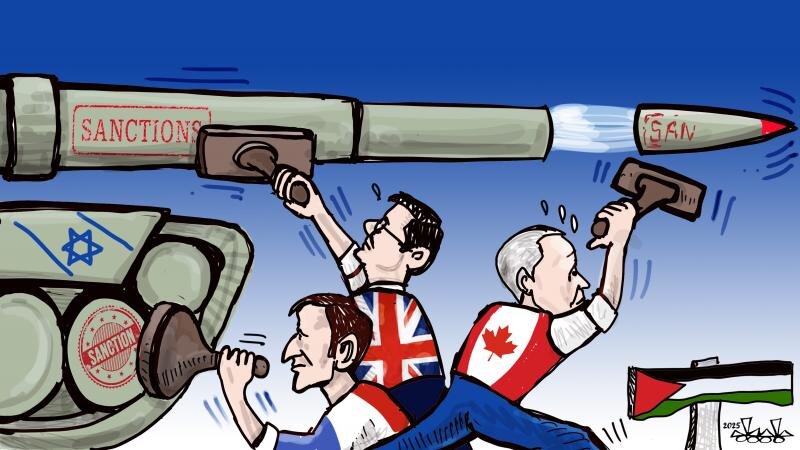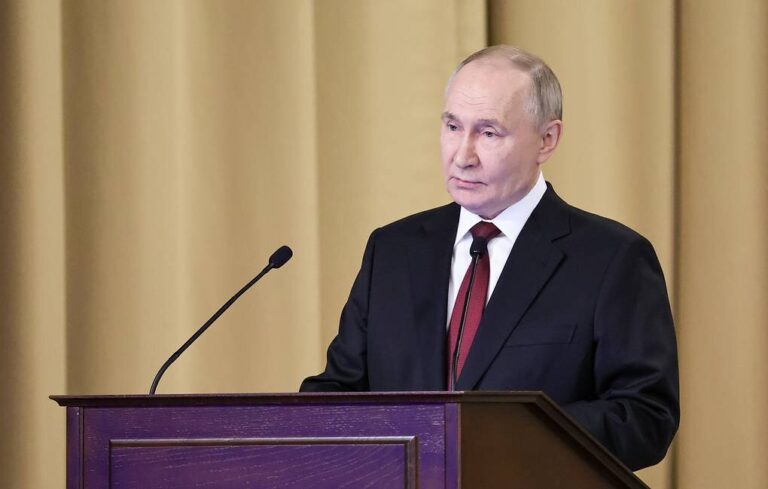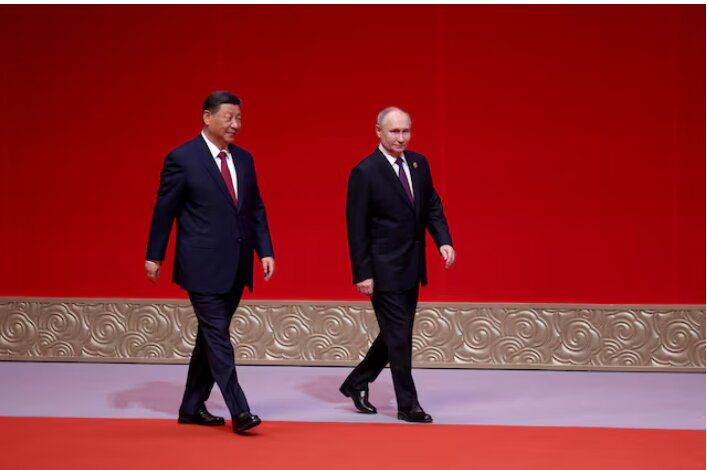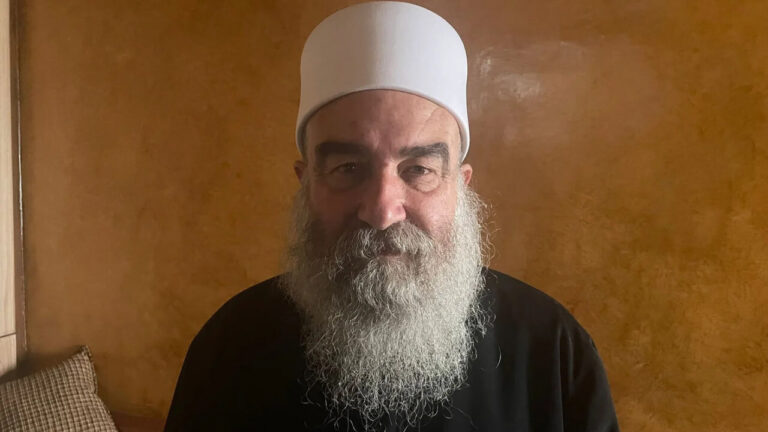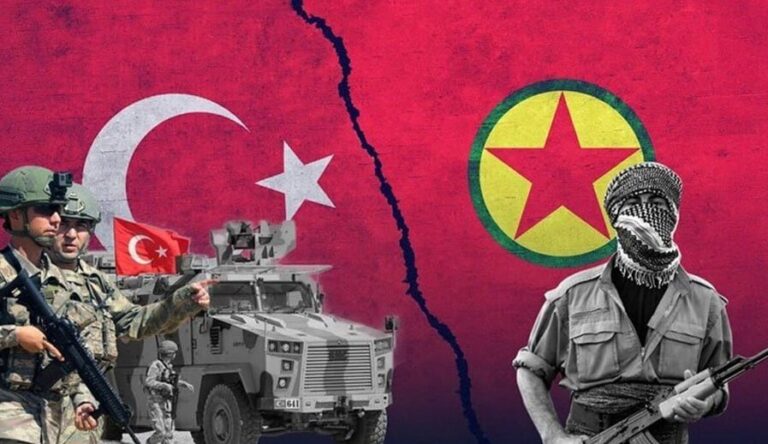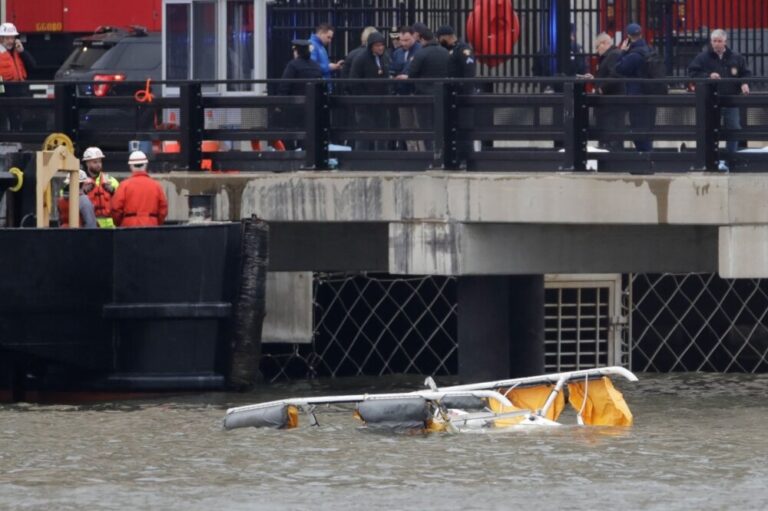Europe’s Shift from Apathy to Moral Posturing: A Betrayal of Gaza’s Civilians
As the Gaza war escalates into its most devastating phase, the European Union’s (EU) diplomatic maneuvers and vocal denunciations are being portrayed by some as a pivotal moment in its relationship with Israel. However, a closer examination reveals a history marred by hypocrisy, double standards, and a troubling reluctance to uphold the humanitarian values that the EU claims to champion.
The EU’s unreserved support for Israel during the early stages of the Gaza conflict and its subsequent inaction amid a humanitarian crisis underscore the contradictions inherent in European foreign policy.
The Early Months of the Gaza War
From the outset of the war, the EU made its position abundantly clear: “We are with Israel.” Following Hamas’s attacks on October 7, 2023, EU Commission President Ursula von der Leyen and other high-ranking officials extended not just political support but also a symbolic embrace to Israel. This was evident as Israeli flags waved outside the European Commission and Parliament, accompanied by the playing of the Israeli national anthem in Brussels.
The European Council issued statements condemning Hamas “in the strongest possible terms,” without signaling a need for restraint or proportionality, even from the highest levels of the European bloc.
This unwavering support was not merely ceremonial. Numerous EU member states, including Austria, halted aid to Palestinian territories and echoed Israeli narratives uncritically. Former EU foreign policy chief Josep Borrell, despite later criticizing Israel’s siege tactics, initially justified Israel’s actions as its “right to defend itself.”
Europe’s Silence and Complicity
As Israel intensified its military operations in Gaza, resulting in a worsening humanitarian situation, many observers noted the EU’s sluggish and inconsistent response. Despite overwhelming evidence of serious violations of humanitarian law and an increasing Palestinian death toll, leaders like Spain’s Pedro Sanchez and Ireland’s Leo Varadkar urged the EU to reevaluate its Association Agreement with Israel as early as February 2024. However, the European Commission failed to take action for over a year.
This pattern of inaction persisted even as the blockade drove Gaza to the brink of famine, with casualties surpassing 50,000. The UN’s special rapporteur on Palestine suggested that the EU sever ties with Israel to prevent further violence, but the EU hesitated, citing the need for consensus among member states.
As conditions deteriorated, the EU began issuing slightly more critical statements, yet tangible action remained elusive: humanitarian aid was inconsistent, calls for a ceasefire were diluted, and even the EU’s vice president acknowledged that the response was “a big question mark.”
The “Turning Point”: Too Little, Too Late
Only in May 2025, after 11 weeks of an absolute aid blockade and more than 53,000 Palestinian fatalities, did the EU announce a formal review of its Association Agreement with Israel. While this move is significant, it raises essential questions: Why did it take the EU so long to act? Given its history of prioritizing trade and strategic interests over human rights, what genuine impact will this review have?
Supported by a majority of EU foreign ministers, the review is framed as a response to Israel’s violations of Article 2 of the agreement concerning human rights. However, in reality, preferential tariffs and economic relationships largely remain intact, despite threats of “concrete actions” and potential suspension of trade privileges from European leaders.
An illustrative example of the often-symbolic nature of Europe’s recent posturing is the United Kingdom’s announcement to halt new trade negotiations with Israel while continuing existing trade agreements.
A recent incident involving warning shots fired in Jenin at a diplomatic delegation that included European officials exemplifies the EU’s impotence. Although Kaja Kallas, the current EU foreign policy chief, labeled the attack as “unacceptable” and demanded accountability, skepticism remains about the bloc’s capacity to protect its diplomats, let alone safeguard Palestinian civilians.
Double Standards and Erosion of Moral Authority
The EU’s response to the Gaza conflict starkly contrasts with its approach to other global crises, notably Russia’s military operations in Ukraine. European leaders have emphasized the “rules-based international order” and the sanctity of human rights in Ukraine, imposing stringent sanctions on Russia and exerting unprecedented diplomatic pressure.
Conversely, the EU’s reaction to Israel’s actions in Gaza—actions that many prominent European politicians now acknowledge could amount to genocide—has been muted and fragmented.
This glaring double standard has not gone unnoticed by the international community. The EU must rise above its moral bankruptcy and establish clear boundaries regarding war crimes and crimes against humanity in Gaza—boundaries that, as Josep Borrell cautioned, would reaffirm the EU’s credibility as an advocate of international law, akin to its stance on Ukraine.
EU Facing a Critical Test Over Gaza
The EU is at a crossroads as the humanitarian crisis deteriorates and the Gaza war intensifies. Thus far, it has exhibited hypocrisy, inaction, and a failure to uphold its professed principles. Months of unwavering support for Israel and the practical inaction that facilitated the calamity in Gaza cannot be erased by recent diplomatic efforts, including reviews, condemnations, and threats of “concrete actions.”
The EU risks further undermining its moral authority and international influence unless it backs its rhetoric with substantive actions. This includes suspending trade agreements, enforcing arms embargoes, and holding Israel accountable for breaches of international law.
The world is watching closely, and history will ultimately judge Europe based on its actions rather than its words.
